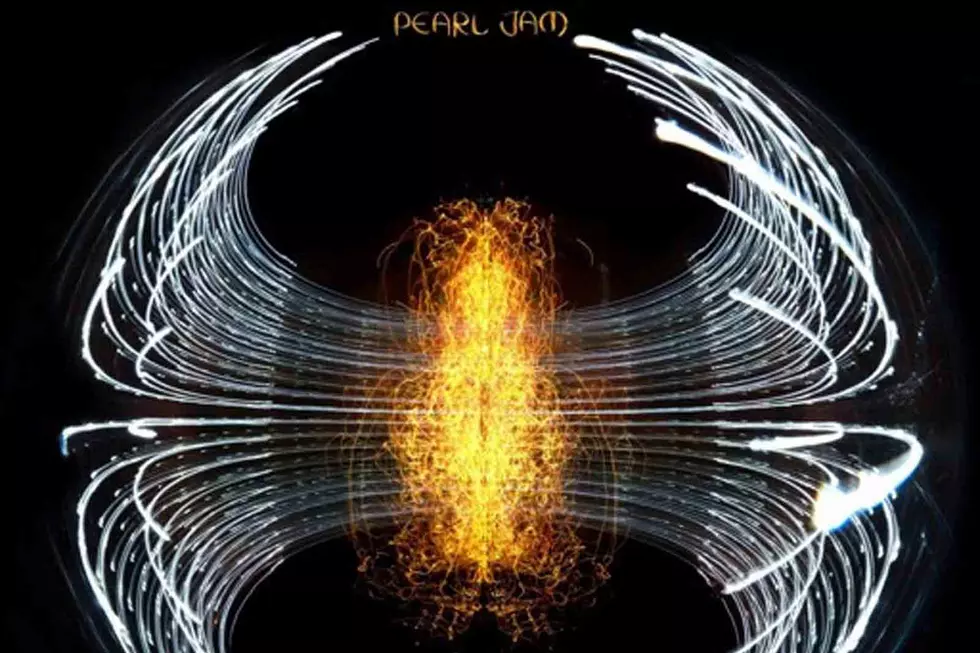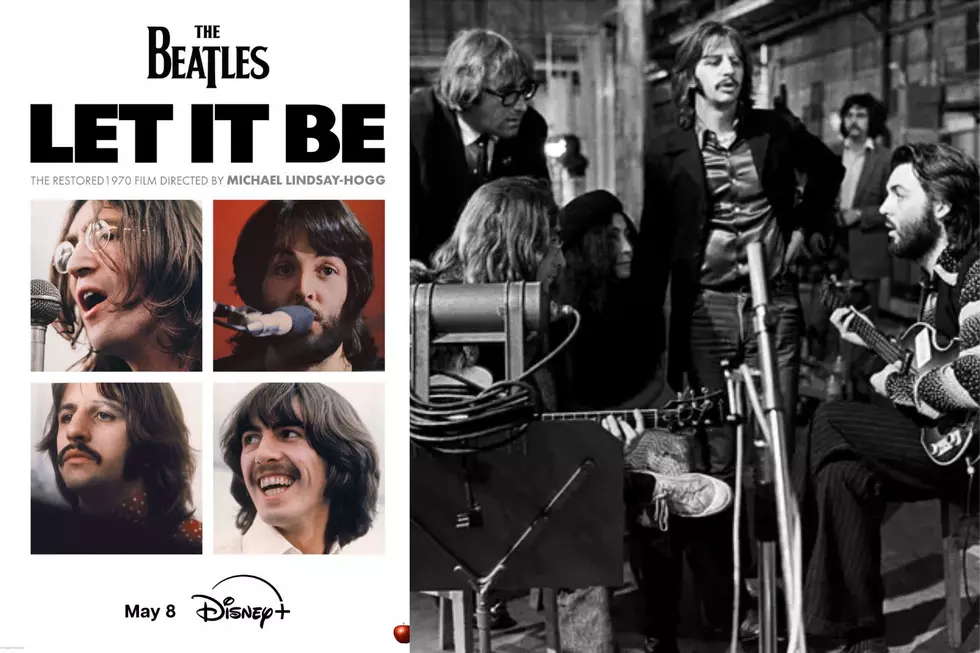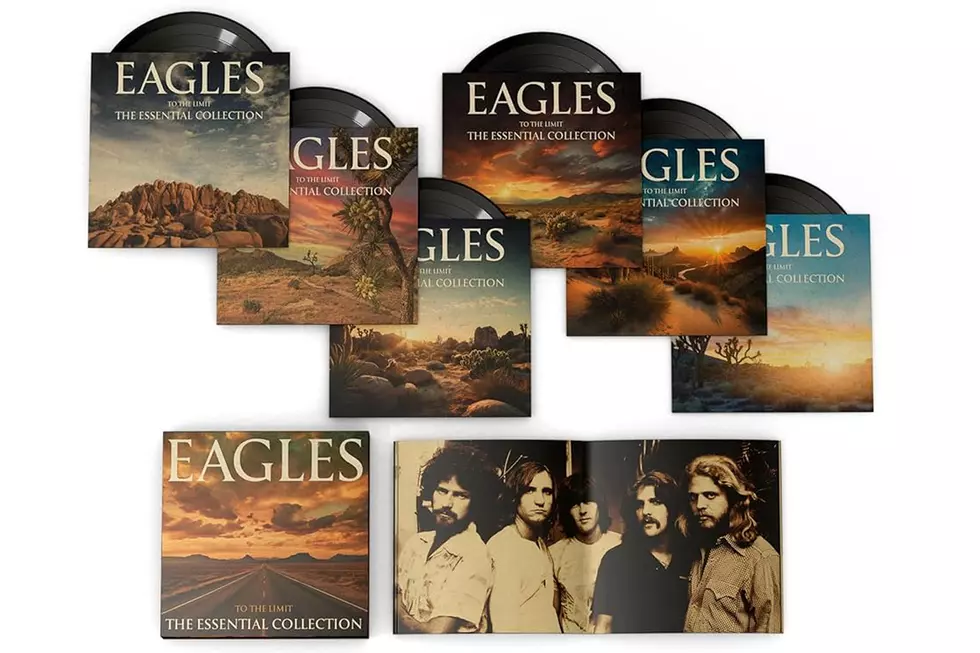
When Kiss Stripped Off Some Polish for ‘Rock and Roll Over’
With 1976's Rock and Roll Over, Kiss successfully managed a tricky balancing act between their own desires for creative growth and the demands of a fan base eager to see them stay true to their original sound.
After the commercial breakthrough of the 1975's Alive!, the group solidified their place atop the rock and roll world with 1976's highly polished Destroyer, a deliberate attempt to dramatically improve the production values of their first three studio efforts.
While the hit ballad "Beth" brought the group increased radio airplay and a legion of new followers, some old-school Kiss fans thought the band had lost a bit too much of their original raw edge with that Bob Ezrin-produced album.
They were joined in that feeling by at least two of the group's members, drummer Peter Criss and lead guitarist Ace Frehley. "We wouldn't have done another album like Destroyer," bassist and vocalist Gene Simmons explains in Kiss: Behind the Mask. "We had gone through our Bob Ezrin phase. Ace and Peter, in particular, kept saying we shouldn't be doing that kind of music, we should be more of a rock and roll band."
So Kiss decided to record their fifth studio album in the empty Nanuet Star concert theater, 20 miles north of their hometown New York City, hoping to capture the live sound which won them their original and most loyal audience. "Thanks to the return of Eddie Kramer, my favorite producer and engineer, Rock and Roll Over was a more enjoyable experience than Destroyer had been," Frehley recalled in his 2012 autobiography No Regrets. He also credits Kramer's back to basics style with helping to "placate some of the fans who were angered by the studio gimmicks" of that previous album.
In one of the early signs of the dissension which would ultimately tear the group's original lineup apart, not everybody in Kiss was sure they were doing the right thing. "We wanted to retain some of the stuff that Bob had taught us, but get a little more raw," guitarist and singer Paul Stanley recalls, again in Behind the Mask. "When Destroyer met with kind of quizzical response from people our first thought was, 'Let's go back in on the next album to what's more familiar,' which is chicken – and a matter of self-preservation."
Stanley also expresses displeasure with the finished album's production values. "I like Rock and Roll Over very much. It's a great album. I just think it's so unfortunate that the recordings are so marginal. I was constantly disappointed with what those albums ended up sounding like. I wanted them to sound as good as a Zeppelin album. There's no reason we shouldn't have sounded ballpark to some of the heaviest bands out there."
Regardless of Stanley's reservations, there's much to love and nothing worth hating on Rock and Roll Over. It not only features one of the all-time best Kiss album covers, its the home of longtime concert staples "Calling Dr. Love," the dynamic Stanley vocal showcase "I Want You," "Makin' Love" and the hysterically outrageous "Take Me," which features some of the band's most unabashed sexual come-ons: "Put your hand in my pocket / Grab onto my rocket / Feels so good to see you this evening." (And if you are worried about the production, these songs all sound even better on Alive II.)
It's also home to the Criss-sung Top 20 hit "Hard Luck Woman," which Stanley originally created as an attempt to write outside the Kiss mold, specifically, for Rod Stewart. "When I heard 'Maggie May,' 'You Wear it Well,' 'Mandolin Wind,' I said, 'I think I can do this,' so that's what 'Hard Luck Woman' was. And once it was finished, it certainly wasn't for Kiss. But when everybody heard it and we had a hit with 'Beth,' we didn't know where to go from there. The safest route was, 'Let's have Peter sing a song.'"
Rock and Roll Over quickly became another big success for Kiss, just missing the Top 10 on the album chart, getting certified platinum about a year later, and spawning another massive sold-out arena tour. But the end of their golden era was closer than anyone could have imagined at that time. After one more classic studio album, 1977's Love Gun, internal tensions, addiction battles, an over-saturated market and changing musical tides would send the group into a tailspin from which it would take them years to fully recover.
Kiss Albums Ranked
Which Rock Star Would Ace Frehley Raise From the Dead?
More From Ultimate Classic Rock









